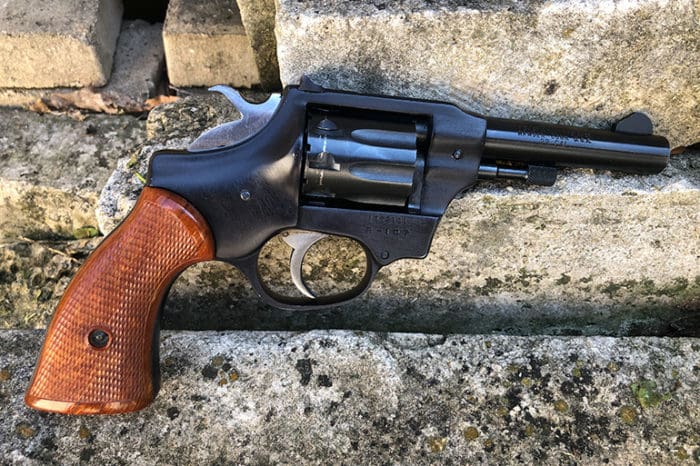By David Katz
You’re looking for a gun for everyday carry, a shotgun for hunting season, or perhaps you just want a nice used gun to add to your collection. You also want to find a really good deal and the gun market is tight right now. A private sale might be just the way to go.
Federal law doesn’t prohibit private sales between individuals who reside in the same state, and the vast majority of states do not require that a private sale be facilitated by a federally licensed gun dealer (“FFL”). However, the more you think about it, what would happen to you if you bought a gun that turned out to be lost or stolen? Even worse, what would happen if you purchased a firearm that had been used in a crime?
Unfortunately, these things can happen. Further, there is no practical way for you to ensure a gun you purchase from a stranger is not lost or stolen.
FBI Lost and Stolen Gun Database
When a firearm is lost or stolen, the owner should immediately report it to the police. In fact, if a gun is lost or stolen from an FFL, the law requires the FFL to report the missing firearm to the ATF. These reported firearms are entered into a database maintained by the FBI’s National Crime Information Center.
Unfortunately for purchasers in private sales, only law enforcement agencies are allowed to request a search of the lost and stolen gun database.
Private Databases
While there have been attempts at creating private searchable internet databases where individuals self-report their lost or stolen guns, these usually contain only a fraction of the number of actual stolen guns, and the information is not verifiable.
Some states are exploring or attempting to build a state database of lost or stolen firearms that is searchable by the public, online. For example, the Florida Crime Information Center maintains a website where an individual can search for many stolen or lost items, including cars, boats, personal property, and of course, firearms.
However, even this website warns:
“FDLE cannot represent that this information is current, active, or complete. You should verify that a stolen property report is active with your local law enforcement agency or with the reporting agency.”
Police Checks of Firearms
Having the local police check the federal database continues to be the most accurate way of ascertaining whether or not a used firearm is lost or stolen, but many police departments do not offer this service. And be forewarned: if the gun does come back as lost or stolen, the person who brought it to the police will not get it back. The true owner always has the right to have his or her stolen gun returned.
If you choose to purchase a firearm in a private sale, you should protect yourself. A bill of sale is the best way to accomplish this. If it turns out the firearm was stolen or previously used in a crime, you will need to demonstrate to the police when you came into possession of the firearm and from whom you made the purchase. You don’t want to be answering uncomfortable police questions without documentation to back you up.
On the flip side, if you are the one who happens to be the victim of gun theft, be sure to report it after speaking with an attorney. Because while it may take several years, you never know when a police department may be calling you to return your gun.
David Katz is an independent program attorney for US LawShield.
